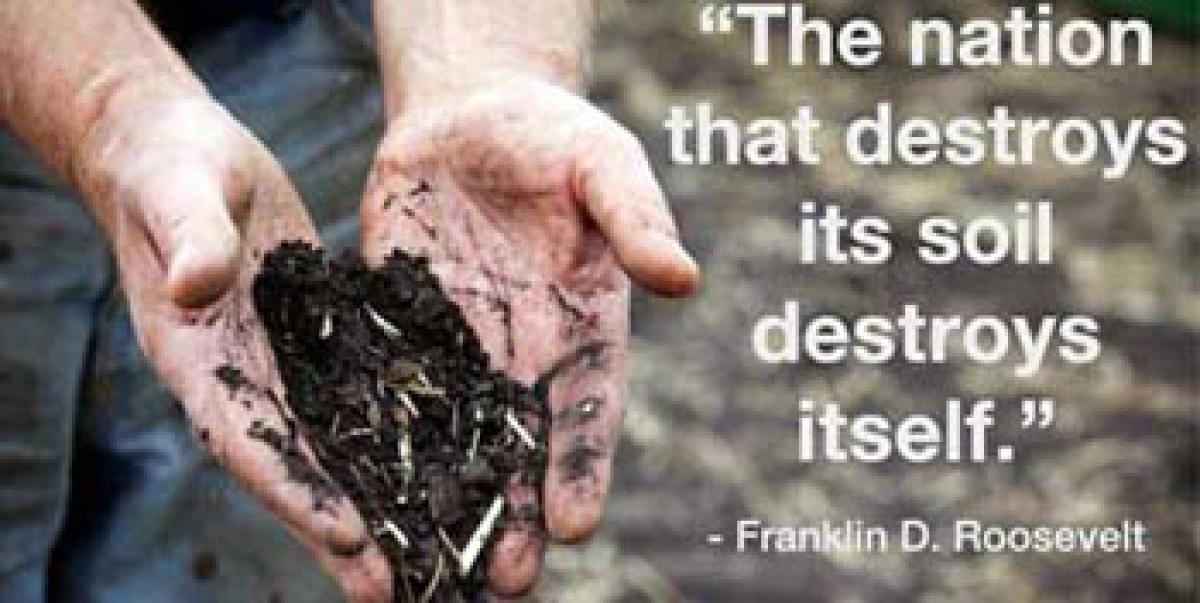Live
- Indian students' concerns about employment, safety, and visas discourage them from applying to UK universities
- Candlelight Concerts Makes a Dazzling Debut in Hyderabad with Sold-Out 'Tribute to Coldplay' Show
- Shubman Gill Sustains Thumb Injury Ahead of Perth Test; Devdutt Padikkal Joins Test Squad
- Unlock Loot Boxes, Diamonds, Skins, and More Exciting Rewards with Garena Free Fire Max Redeem Codes for November 16
- Regarding the DOGE Plan, Vivek Ramaswamy stated, "Elon Musk and I Will Take a Chainsaw to Bureaucracy"
- Sudanese army says repulsed paramilitary forces attack in western Sudan, killing over 80
- Jaipur Open 2024: Baisoya makes a grand comeback to clinch title in marathon playoff against Rashid Khan
- Jamaat-e-Islami Hind President asks cadre to reach out to larger society beyond community
- Why PM mum on Caste Census, removing 50 pc quota limit: Rahul Gandhi
- Barrackpore Municipality Vice-Chairman found dead at home, suicide note suggests blackmail
Just In

Soil is a finite and non-renewable resource, its loss and degradation is not recoverable within a human lifespan. As a core component of land resources, agricultural development and ecological sustainability, it is the basis for food, feed, fuel and fibre production.
 WORLD SOIL DAY TODAY
WORLD SOIL DAY TODAY
Soil preservation key to food security, sustainable future
Soil is a finite and non-renewable resource, its loss and degradation is not recoverable within a human lifespan. As a core component of land resources, agricultural development and ecological sustainability, it is the basis for food, feed, fuel and fibre production. It is, therefore, a highly valuable natural resource, yet it is often overlooked. The natural area of productive soils is limited; hence it is under increasing pressure of intensification for cropping, forestry, and urbanisation.
Soil degradation is caused by unsustainable land uses and management practices, and climate extremes that result from various social, economic drivers. Today, 33 per cent of land is moderately to highly degraded due to erosion, salinisation, compaction, acidification and chemical pollution of soils. The current rate of soil degradation threatens the capacity of future generations to meet their most basic needs – food, feed, fuel and fibre.
Current demographic trends and projected growth in global population (to exceed 9 billion by 2050) are estimated to result in a 60 per cent increase in demand for food, feed and fibre by 2050. There is little opportunity for expansion in the agricultural land area. Sustainable management of the world’s agricultural soils and sustainable production have, therefore, become imperative for reversing the trend of soil degradation and ensuring current and future global food security.
Healthy soils are crucial for ensuring the continued growth of natural and managed vegetation, providing feed, fibre, fuel, medicinal products and other ecosystem services such as climate regulation and oxygen production. Soils and vegetation have a reciprocal relationship. Fertile soil encourages plant growth by providing plants with nutrients, acting as a water holding tank, and serving as the substrate to which plants anchor their roots.
In return, vegetation, tree cover and forests prevent soil degradation and desertification by stabilising the soil, maintaining water and nutrient cycling, and reducing water and wind erosion. As global economic growth and demographic shifts increase the demand for vegetation, animal feed and vegetation by products such as wood,
Soils are put under tremendous pressure and their risk of degradation increases greatly. Managing vegetation sustainably, whether in forests, pastures or grasslands will boost its benefits, including timber, fodder and food, in a way meets society’s needs while conserving and maintaining the soil for the benefit of present and future generations.
The sustainable use of goods and services from vegetation and the development of agroforestry systems and crop-livestock systems also have the potential to contribute to poverty reduction, making the rural poor less vulnerable to the impacts of land degradation and desertification.
More efficient use of water, reduced use of pesticides and improvements in soil health can lead to average crop yield increases of 79 per cent. The sustainable use and management of soils is linked to many different areas of sustainable development viz., poverty reduction, hunger eradication, economic growth and environmental protection. There is an urgent need to stop land degradation in its various forms and establish frameworks for sustainable soil management systems.
- Practising suitable technologies such as organic farming, zero-tillage, crop rotations and conservation agriculture, can sustainably increase farm productivity without degrading the soil and water resources.
- Recognise the increasing need to preserve soils and governments should make corresponding investments;
- Promote management practices for climate change adaptation and mitigation, and resilience to changing weather patterns and extremes;
- Increase the area under sustainable soil management practices, and enhance the restoration of degraded soils,
- Promote “sustainable production intensification” through adapted biological resources, increasing soil fertility, water use efficiency, ensuring recycling of agricultural by-products;
- Support the development of national soil information systems to assist decision-making on sustainable land and natural resources uses;
- Increase investment in sustainable soil management by overcoming obstacles including tenure security and user rights, access to knowledge and financial services;
- Strengthen the implementation of capacity development and education programmes on sustainable soil management.
(The writer is Professor and Head, Department of Soil science & Agricultural Chemistry, Agriculture College, Naira, Srikakulam district)
By Dr P Gurumurthy

© 2024 Hyderabad Media House Limited/The Hans India. All rights reserved. Powered by hocalwire.com







